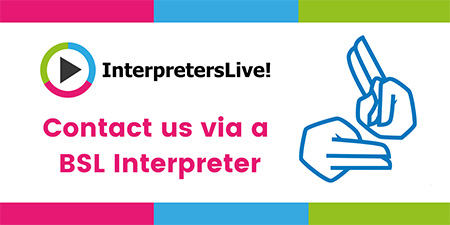Let’s talk about inclusive policies.
They might not be the most glamorous part of your DE&I strategy, but they’re one of the most important. Decent, inclusive policies lay the foundations for all your inclusion work. They set the standard for behaviour, ethics, and accountability across your business.
Without them, your inclusion efforts can quickly feel performative.
Because it’s all well and good to launch a campaign, update your website, or shout about your DE&I work on LinkedIn, but if a new starter opens your employee handbook and it reads like it was written in 1954, you’ve got a problem.
It’s a bit like buying a brand-new Range Rover Sport, taking it home, lifting the bonnet, and discovering the engine of a Fiat 500.
It doesn’t matter how good it looks on the outside – if the policies don’t back it up, people will see right through it.
Inclusion isn’t just about what you say – it’s about what you write down
Your people policies should reflect the culture and values you want to build. They should embed the behaviour you expect and protect the people who need it most.
Too often, policy work is treated like a box-ticking HR task, rather than a fundamental part of creating an inclusive, equitable workplace. But this is where people go first when something’s unclear, when they need support, or when they need protection.
If your policies are outdated, inaccessible, confusing, or full of exclusionary language, what message does that send?
I’m not a policy writer – but I do know what inclusion looks like
I’ll be the first to say I’m not an HR policy expert – I’ll leave that to people like Tina Holt, my brilliant HR partner. But I do know how policies impact culture. I’ve seen what happens when businesses take the time to get this right, and I’ve seen what happens when they don’t.
So if you’re just starting out, or your policies haven’t had a good review in years, here’s where I recommend beginning. These are the essential inclusive policies your HR team should have developed, approved, and accessible as soon as possible.
Here are just a few inclusive policies that every business should prioritise…
-
- Equality, diversity and inclusion policy
- Pay gap analysis and equal pay commitment policy
- Inclusive, accessible, and equitable recruitment and selection policy
- Family-building policies that reflect all family structures
- Fair and transparent promotions policy
- Anti-racism and racial equity policy
- Work, life, and mental wellbeing policy
- Disability and neurodiversity adjustments policy
- Trans inclusion policy
- Whistleblowing policy for reporting discrimination and prejudice
- Dignity at work, bullying, harassment and discrimination policy
- Inclusive language and respectful banter policy
- Menopause policy
- Inclusive technology and digital accessibility policy
- Dress code policy that includes everyone
- Religion and faith at work policy
These policies should be written in plain language, regularly reviewed, and supported by proper training and communication. Most importantly, they should reflect the lived experiences and needs of the people within your business, not just corporate aspirations.
Language matters – A word of warning.
I’ve seen some truly awful policy documents filled with outdated pronouns, legal jargon, and exclusionary language.
Inclusive policies should be understandable, respectful, and clear. If the people reading them can’t see themselves reflected in the words, or worse, feel alienated by them, then the policy is already failing.
So please, review the language. Make it simple. And make it inclusive.
Final thoughts
Strong, inclusive workplace policies are the backbone of any serious DE&I commitment. They’re not an admin task. They’re a blueprint for behaviour, a source of protection, and a reflection of who you are as a business.
If you’re serious about inclusion, you have to be serious about your policies. And if you’re not sure where to start, or want someone to chat things through with, drop me a message – I’ll do what I can to help.


